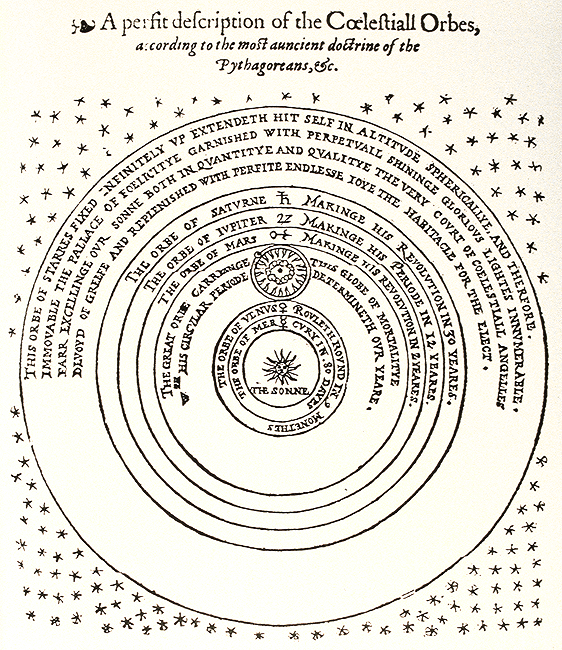Setting the Stage for the Reformation
Dale Hathaway
Jan. 11, 2018
Winthrop University
Table of Contents
Introductory
Biblical interpretation
- But it has changed over the centuries
- Why would the 5th c. bishop respond so (xvii)
- Need to believe what biblical authors believed? (xvii)
- Rom 1 on homosexuality (xvii)
vocabulary
- Postliberal (xiv)
- doctrine: set of beliefs, creed, etc.
- Christology (xxi) … place of suffering, identification with God
- analytic philosophy:
- meaning of faith and history
- fundamentalism
- positivism (xvi)
- transcendence (xviii) immanence (xx)
- scientific worldview (xix)
names of theologians
- Karl Barth
- Paul Tillich
- Rudolf Bultmann (xvi)
- John Calvin
- Isaac Newton
- Galileo
How talk about God (before and after modernity)
- "Thing signified" vs. "means of signifying" (xx)
- analogical
- univocal vs. equivocal
5 Themes – Questions
Humanity / Divinity of Christ
- John 1 (NRSV) 1 In the beginning was the Word, and the Word was with God, and the Word was God. 2 He was in the beginning with God. 3 All things came into being through him, and without him not one thing came into being. What has come into being 4 in him was life, …
- Matthew 13:55 Is not this the carpenter’s son? Is not his mother called Mary? And are not his brothers James and Joseph and Simon and Judas?
Spirit and Structure
- Romans 8:2 For the law of the Spirit of life in Christ Jesus has set you free from the law of sin and of death.
Reason and Revelation
- Romans 16:25 Now to God who is able to strengthen you according to my gospel and the proclamation of Jesus Christ, according to the revelation of the mystery that was kept secret for long ages
Works and Grace
- 2 Timothy 1:9 who saved us and called us with a holy calling, not according to our works but according to his own purpose and grace. This grace was given to us in Christ Jesus before the ages began,
Church and State
- Romans 13 Let every person be subject to the governing authorities; for there is no authority except from God, and those authorities that exist have been instituted by God.
Philosophical issues
Battle of arguments for God
Anselm Ontological argument
- It is a conceptual truth (or, so to speak, true by definition) that God is a being than which none greater can be imagined (that is, the greatest possible being that can be imagined).
- God exists as an idea in the mind.
- A being that exists as an idea in the mind and in reality is, other things being equal, greater than a being that exists only as an idea in the mind.
- Thus, if God exists only as an idea in the mind, then we can imagine something that is greater than God (that is, a greatest possible being that does exist).
- But we cannot imagine something that is greater than God (for it is a contradiction to suppose that we can imagine a being greater than the greatest possible being that can be imagined.)
- Therefore, God exists.
Aquinas
- the argument from motion;
- the argument from causation;
- the argument from contingency;
- the argument from degree;
- the teleological argument ("argument from design").
Pascal
Wager: Pascal – French philosopher, scientist, mathematician and probability theorist (1623-1662) – argues that if we do not know whether God exists then we should play it safe rather than risk being sorry. The argument comes in three versions (Hacking 1972), all of them employing decision theory.
Ptolemaic system

view of the heavens

Copernican system

Late Medieval Philosophy
Ockham's razor argued the simpler explanation is to be preferred
- Realism
- Universals are "real"
- Nominalism
- The only thing "real" are the names we put on things
- Particulars are all that we experience and "know"
Nominalism & Theology
- Ockham (God can do anything)
- 14th c. as focus of mysticism (Meister Eckhart)
- Julian of Norwich (Mother Jesus)
Protest against Church authority
- Competing popes
- Church offices for sale
- John Wycliffe: the Bible could provide foundation to reform Church authority
- John Hus: populist, all should receive communion, clergy are corrupt